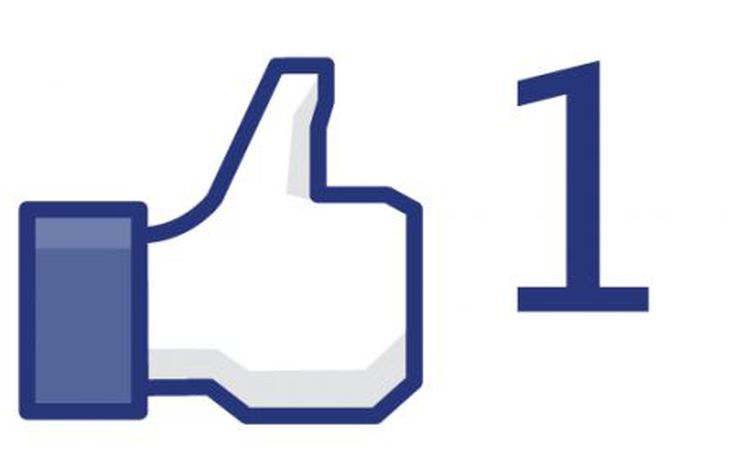
Message in a bottle: Save us from the social network!
Published on
By Masha Tarle Ever try asking" Are you in a relationship?" or " How many friends do you have?" the first day you meet someone? What seemed just another fad, Facebook is today a web we voluntarily spun ourselves in. Will we manage to get out? Masha Tarle analyzes how Facebook has changed how we communicate.
When I first joined in 2008, Facebook was just another social network and not communication itself. I was a trainee at the European Commission and a newcomer in Brussels, eager to socialise with the lucky young European crowd. Facebook offered a perfect fit for that life; since you met new people almost every day, you could quickly "add" them as friends and get to know things about them you would never dare to ask ( try asking" Are you in a relationship?" or " How many friends do you have?" the first day you meet someone). Being on Facebook meant you were invited to cool events and nobody cared if you attended them or not. And regarding your "old friends" back home, you had the impression you were always in touch with them. Without a great effort on either part, they could tune in to the details of your fantastic new life.
Facebook "doesn't guarantee" that we actually communicate
But the traineeship experience was eventually over: there were no more Master Degrees left to study and no more excuses to continue doing internships. I found a full-time job, an apartment, a boyfriend and a steady circle of friends. Life in Brussels was different but there was one thing that stayed the same: Facebook was a part of life. Furthermore, it became the prime communication medium, surpassing phone and e-mail. When someone wants to meet up or invite you to their place, they hardly ever write an e-mail, call you or text you. You receive a message on FB. If you wish to have a photo of a special get-together, someone has to "tag" you. Your friend's love life? Check out her profile. What seemed just another fad, Facebook is today a web we voluntarily spun ourselves in. Will we manage to get out?
Let us analyse how Facebook changes the way we communicate on personal topics and how we interact with our friends. With social networks, the receiver of any message you wish to "post" or "tweet" is not a specific person. What matters to social networks is quantity: how many people see your message, react to it and resend it to others in their network. What matters is that you-the sender and me, the receiver, are always there. The network does not guarantee that communication actually takes place. For example, if my Facebook friend Nina announces that she is getting married by posting the happy news on her Facebook wall, communication can only take place with the people who will accidentally be “logged in” at that moment and their willingness to react to the news. My friend Nina will never really know who received the message. This sadly takes away the human satisfaction of knowing the infinite palette of human reactions. In the social network all possible reactions are simplified to clicking on the " like button" and, if you are lucky, a one-liner in the "comment" section. If you really wish to share happy news with friends, why not tell them in person and see their reactions? If you wish to see a friend for lunch- why not call them up? If there is something you need to comment on, why not write an article, an essay or a poem? Surely you have more to say than the characters allowed in the posts you make. Surely there is more to you then a song you reproduce, an article you read, or a video you watch.
Choose a topic
We should keep social networks for what they were always meant to be: a way to build and maintain a network or community of people around a certain common topic. But let us rethink our excessive reliance on a social network as a communication medium and an outlet of expression. Is it helping us communicate better with friends, partners, co-workers, parents or siblings? Is it really getting us closer? Can our Facebook profile reflect the wealth and complexity of our personalities and experiences? If the answer is no, we can surely take a break and insist more on face-to-face communication, on interactions which make us aware of who is standing on the receiving side of our messages. And if you wish to leave it all to chance, throwing a message in a bottle out to the sea is much more liberating and rewarding that posting your next big piece of news to a social network.



